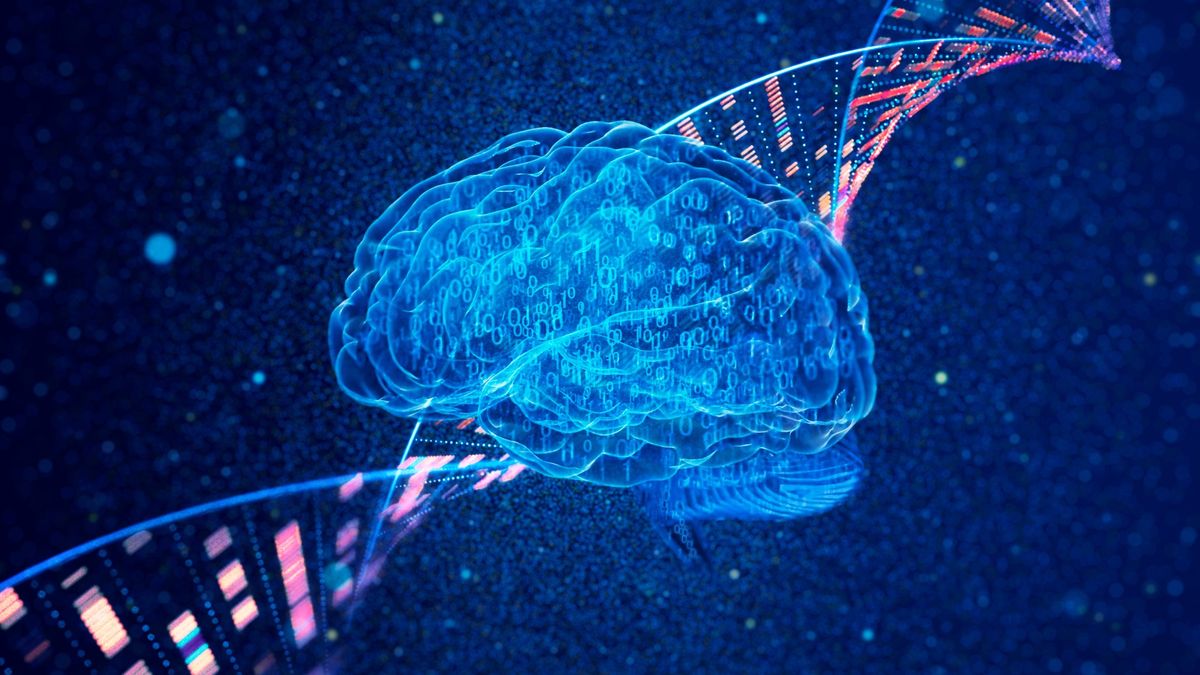Unveiling Living Intelligence: A New Era in Artificial Intelligence
As artificial intelligence (AI) continues to evolve at an unprecedented pace, a groundbreaking concept known as living intelligence is beginning to emerge. This idea pushes the boundaries of our understanding of intelligence beyond traditional algorithms and data processing, heralding a future where machines may not just simulate intelligence but exhibit forms of it akin to living organisms. This article delves into the implications, challenges, and potential of living intelligence, a revolutionary frontier that could redefine our comprehension of intelligence itself.
What is Living Intelligence?
Living intelligence refers to a novel concept in AI that blends biological principles with computational frameworks. Unlike traditional AI, which relies heavily on predefined rules and massive datasets, living intelligence seeks to emulate the adaptive, self-organizing, and often unpredictable nature of living systems. This approach aims to create systems that can learn, evolve, and respond to their environments in real-time, similar to how organisms interact with their ecosystems.
The Foundations of Living Intelligence
At its core, living intelligence integrates various disciplines, including:
- Biology: Understanding the mechanisms of life, such as evolution, adaptation, and homeostasis.
- Computer Science: Utilizing advanced algorithms and machine learning techniques to create adaptive systems.
- Neuroscience: Exploring how the human brain processes information and learns from experiences.
- Complex Systems Theory: Studying how interactions within systems lead to emergent behaviors.
The convergence of these fields allows researchers to design AI systems that can mimic the complexity and richness of biological intelligence.
The Implications of Living Intelligence
The emergence of living intelligence carries profound implications across various sectors:
1. Healthcare
In the healthcare sector, living intelligence could transform personalized medicine. By developing AI systems that can adapt and learn from individual patient data, healthcare providers could tailor treatments that evolve based on a patient’s unique response, leading to better outcomes.
2. Robotics
Robotic systems powered by living intelligence could operate in dynamic environments, adapting to changes and learning from their experiences. This adaptability could revolutionize industries such as manufacturing, logistics, and even disaster response, where robots need to navigate unpredictable situations.
3. Environmental Sustainability
Living intelligence also holds promise for addressing environmental challenges. AI systems that understand ecological systems can optimize resource management, predict environmental changes, and contribute to sustainable practices by learning from natural processes.
Challenges in Developing Living Intelligence
While the potential of living intelligence is immense, several challenges must be addressed:
1. Ethical Considerations
As AI systems become more autonomous and capable of decision-making, ethical considerations around accountability, bias, and transparency become critical. Developers must ensure that living intelligence systems operate within ethical frameworks to prevent misuse and unintended consequences.
2. Technical Hurdles
Creating systems that genuinely embody living intelligence requires advancements in hardware and software. Researchers face significant technical hurdles in mimicking the complexity of biological processes and ensuring that these systems can operate reliably in real-world situations.
3. Interdisciplinary Collaboration
The development of living intelligence necessitates collaboration across various fields. Bridging the gaps between biology, computer science, and other disciplines can be challenging, requiring a shared language and understanding among experts.
The Future of Living Intelligence
The journey toward realizing living intelligence is still in its infancy, but the trajectory is promising. As researchers explore this frontier, several trends are emerging:
1. Increased Interconnectivity
The future of living intelligence will likely see systems that are more interconnected, allowing them to share information and learn from one another. This interconnectedness could lead to the emergence of collective intelligence systems that outperform individual units.
2. Enhanced Autonomy
With advancements in learning algorithms, living intelligence systems could achieve higher levels of autonomy. This autonomy would allow them to operate independently in complex environments, making decisions based on real-time data and experiences.
3. Integration with Human Intelligence
Rather than replacing human intelligence, living intelligence could complement it. By collaborating with humans, these systems could enhance decision-making processes and provide insights that were previously unattainable.
Conclusion: Embracing the Frontier of Living Intelligence
The concept of living intelligence represents a paradigm shift in our understanding of what intelligence can be. By harnessing the principles of biology, neuroscience, and complex systems, we stand on the brink of a new era in AI that could redefine not only how we interact with technology but also how we understand ourselves. Embracing this frontier entails navigating ethical, technical, and collaborative challenges, but the potential rewards—a future where AI systems can learn, adapt, and evolve alongside us—are well worth the effort.
As we unveil living intelligence, we must approach this journey with curiosity, responsibility, and an unwavering commitment to harnessing its power for the betterment of society. The next frontier in artificial intelligence is not just about creating smarter machines; it’s about understanding the very essence of intelligence itself.
See more Future Tech Daily

